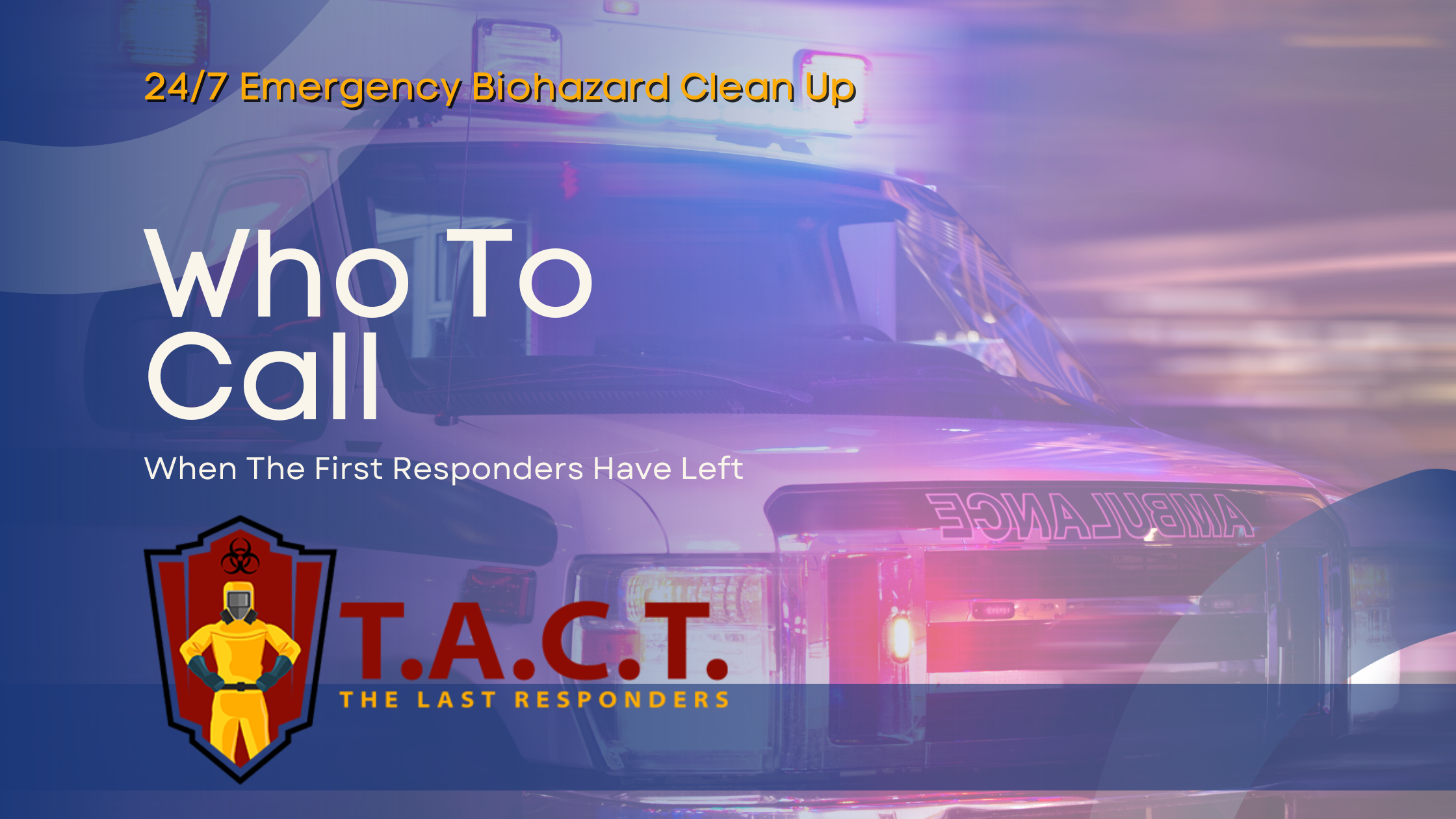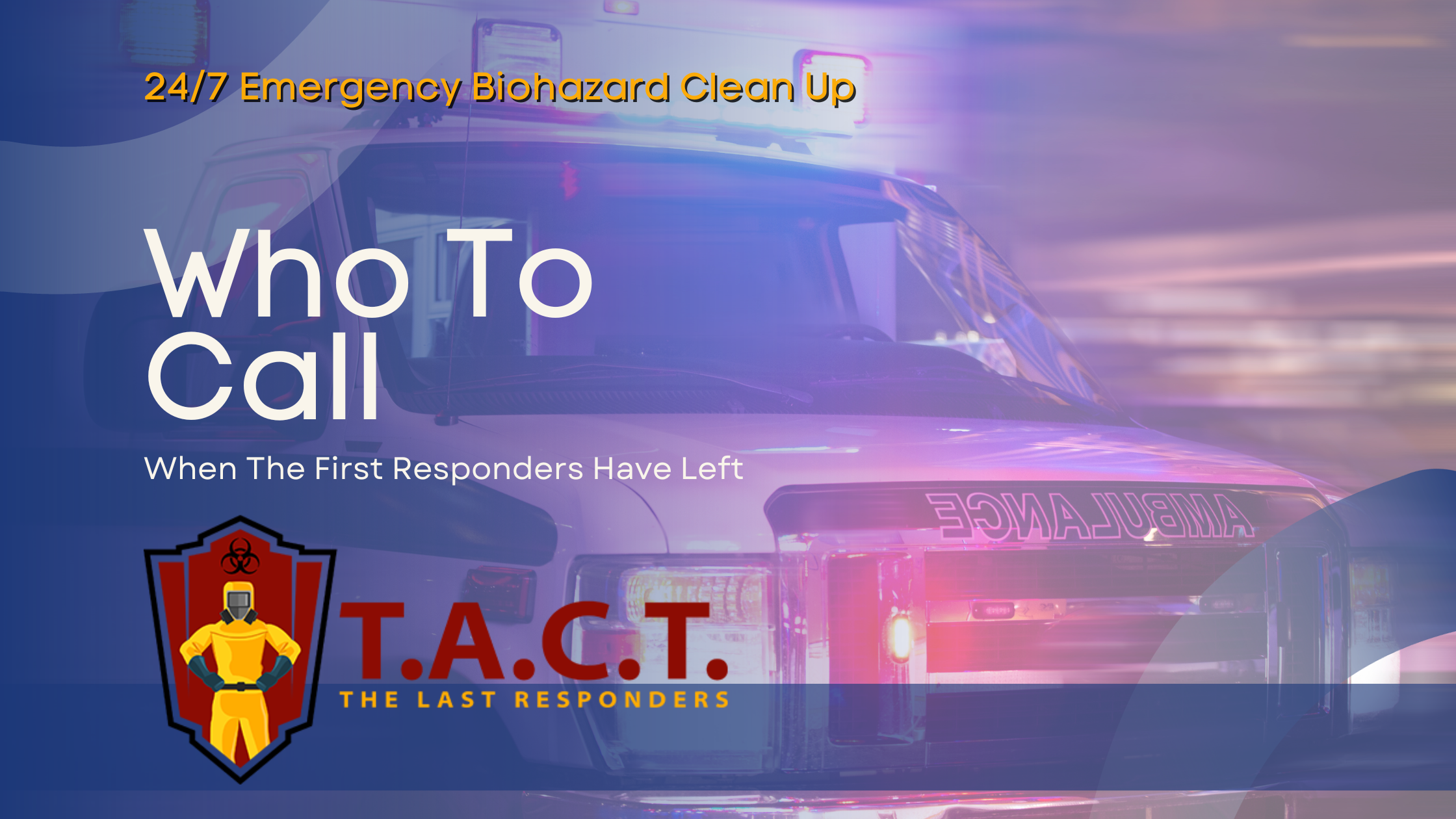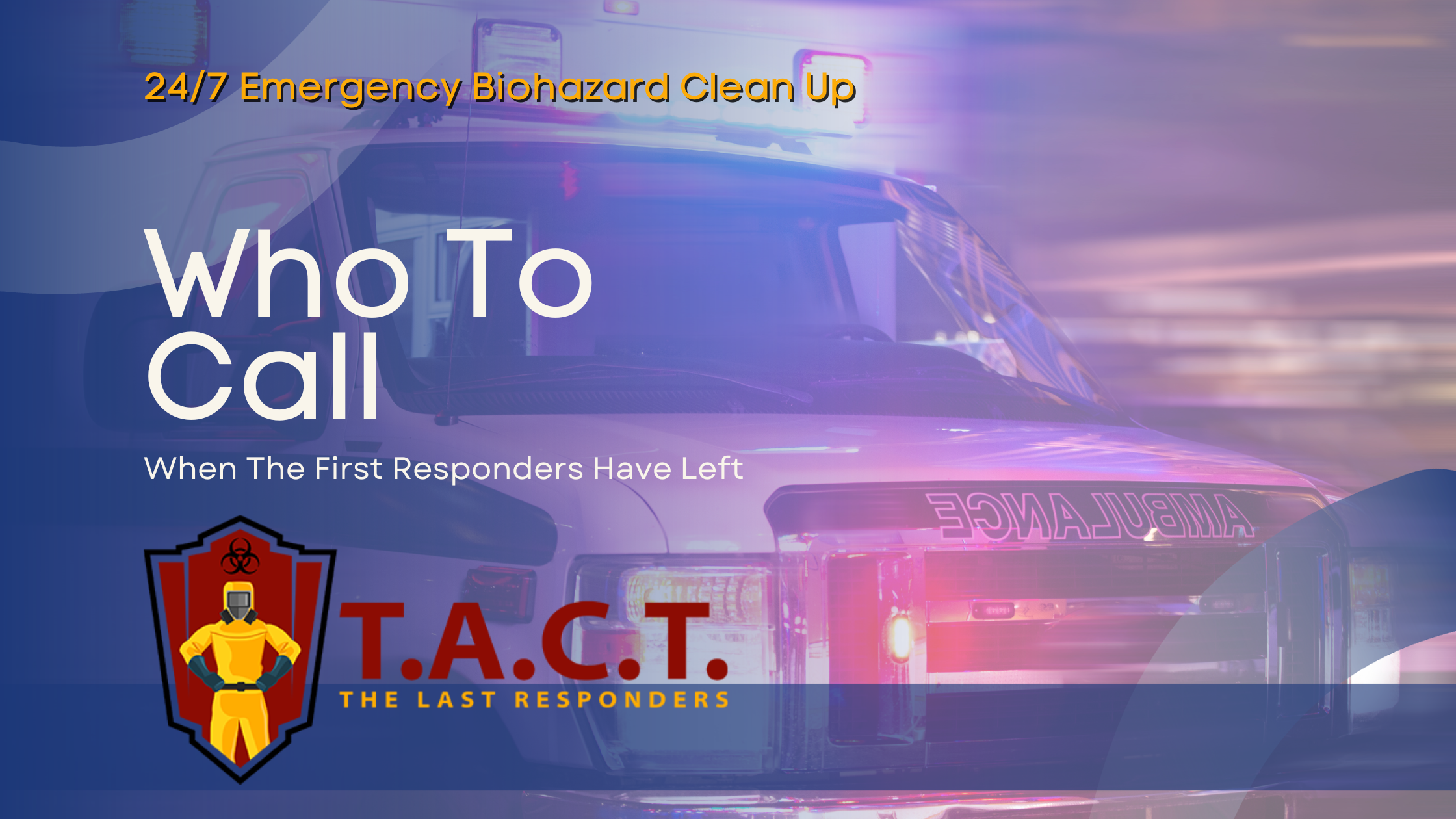Can Mouse Pee kill you?

Can Mouse Pee Kill You? Understanding the Risks and Health Impacts
Introduction to the Risks
Hantavirus pulmonary syndrome is a rare but potentially deadly disease caused by exposure to rodent urine, droppings, or saliva, particularly from deer mice.
Rodent infestation can lead to the spread of hantavirus, which can cause severe respiratory and cardiac complications.
Understanding the risks and health impacts of hantavirus is crucial for preventing infection and seeking medical attention promptly.
Rodent exposure can occur through contact with contaminated food, water, or surfaces, making it essential to take precautions when cleaning up rodent droppings or urine.
Hantavirus infection can be severe, and early symptoms may resemble flu-like symptoms, making it challenging to diagnose.
Understanding Hantavirus
Hantavirus is a type of virus that can cause hantavirus pulmonary syndrome (HPS) or hantavirus cardiopulmonary syndrome (HCPS).
The virus is typically found in wild rodents, such as mice and rats, and can be transmitted to humans through contact with infected rodent droppings, urine, or saliva.
Hantavirus infection can occur through inhaling particles contaminated with the virus, making it essential to wear protective gear when cleaning up rodent infestations.
Rodent borne diseases like hantavirus can be prevented by taking precautions when handling pet food, avoiding contact with contaminated surfaces, and wearing gloves when cleaning.
Hantavirus is a significant public health concern, particularly in rural areas where rodent infestations are common.
Hantavirus Pulmonary Syndrome
Hantavirus pulmonary syndrome (HPS) is a rare but potentially deadly disease caused by hantavirus infection.
The disease can cause severe respiratory and cardiac complications, including pulmonary syndrome, renal syndrome, and hemorrhagic fever.
HPS can be challenging to diagnose, as early symptoms may resemble flu-like symptoms, such as muscle aches, fever, and fatigue.
Seeking medical advice promptly is crucial for preventing severe complications and improving treatment outcomes.
Hantavirus pulmonary syndrome can be fatal if left untreated, making it essential to seek medical attention immediately if symptoms persist or worsen.
Transmission and Spread
Hantavirus can be transmitted through contact with infected rodent droppings, urine, or saliva.
The virus can survive for an extended period on contaminated surfaces, making it essential to use household disinfectants and wear protective gear when cleaning.
Rodent infestations can attract other rodents, increasing the risk of transmission and spread of the disease.
Using rodent proof containers and sealing entry points can help prevent rodent infestations and reduce the risk of transmission.
Hantavirus can be spread through airborne transmission, making it essential to wear dust masks and avoid stirring up dust when cleaning.
Rodent Infestation
Rodent infestations can occur in homes, buildings, and vehicles, making it essential to inspect and maintain these areas regularly.
Rodent activity can be identified by the presence of droppings, urine, or nesting materials.
Using snap traps or glue traps can help eliminate rodents, but it’s essential to handle them safely to avoid exposure to the virus.
Sealing entry points and using rodent proof containers can help prevent re-infestation.
Rodent infestations can be a significant public health concern, particularly in areas with high rodent activity.
Safe Cleanup Procedures
Cleaning up rodent droppings or urine requires special precautions to prevent exposure to hantavirus.
Wearing plastic gloves, dust masks, and protective clothing can help prevent exposure.
Using household disinfectants, such as bleach solution, can help kill the virus on contaminated surfaces.
Avoiding contact with contaminated surfaces and washing hands thoroughly after cleanup can help prevent infection.
Using paper towels to clean up droppings or urine can help reduce the risk of transmission.
Preventing the Spread of Disease
Preventing the spread of hantavirus requires taking precautions when handling contaminated materials or surfaces.
Using rodent proof containers and sealing entry points can help prevent rodent infestations.
Avoiding contact with contaminated food, water, or surfaces can help reduce the risk of transmission.
Wearing protective gear, such as gloves and dust masks, can help prevent exposure when cleaning up rodent infestations.
Regularly inspecting and maintaining homes, buildings, and vehicles can help identify and prevent rodent infestations.
Seeking Medical Attention
Seeking medical attention promptly is crucial for preventing severe complications and improving treatment outcomes.
Informing healthcare providers about possible exposure to hantavirus can help diagnose the disease early.
Early symptoms of hantavirus infection may resemble flu-like symptoms, making it challenging to diagnose.
Medical care can help manage symptoms and prevent severe complications, such as pulmonary syndrome or renal syndrome.
Hantavirus infection can be severe, and seeking medical attention immediately is essential if symptoms persist or worsen.
Latest news

Learn how T.A.C.T. North Atlanta provides professional decomposition cleanup services to remove death odors and restore spaces safely and compassionately.
Read More

